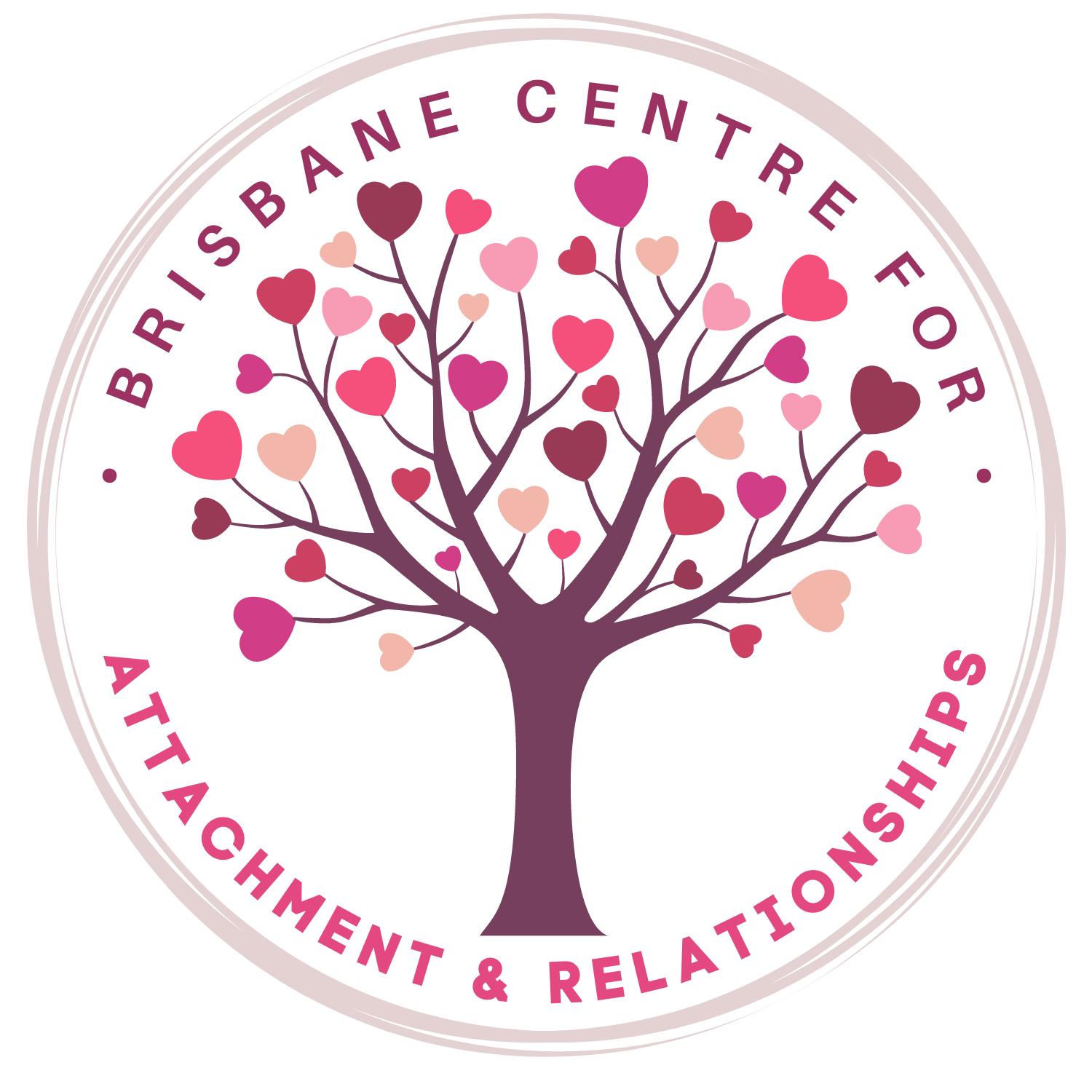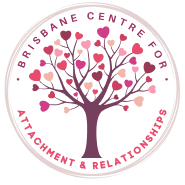Professional Development for Therapists
Training in EFT
Our Clinic Director, Dr Clare Rosoman is an Internationally Certified EFT trainer. She regularly conducts training for mental health professionals in this powerful model of therapy and is assisted by our therapists at the Brisbane Centre for Attachment & Relationships. Therapists can become trained in EFT for Couples (EFCT), EFT for families (EFFT), and EFT for individuals (EFIT). Clare’s EFT training events are listed on our partner website bceft.com.au
Supervision/Consultation
Several of our psychologists are Psychology Board approved supervisors with AHPRA with various areas of practice endorsement. This means that they are able to offer supervision and case consultation to clinical psychology registrars, Educational and Developmental psychologists, general psychologists and other mental health professionals. Some are ICEEFT Certified EFT Supervisors, meaning that they can mentor EFT-trained therapists to become ICEEFT Certified EFT Therapists in their chosen modality (individuals, couples and families).
Learn More About EFT
5-ways EFT transformed my practice
Discover the 5 ways that EFT will make you a more effective, more authentic, and more satisfied therapist.
Watch videoDo I train in EFT for Couples or EFT for Individuals?
This video aims to answer your questions & to help you know which training is best for you & your clients.
Watch videoEFT in a Page for Therapists
Clare has made these handy summary sheets for therapists using EFT with couples and relationships (EFCT), EFT with individuals (EFIT), and EFT for families (EFFT). Therapists learning the EFT model have many skills and interventions to refine and consolidate, so reference sheets can provide a quick reference guide.

EFT Connections
EFT in Australia
The Brisbane Centre for Emotionally Focused Therapy (BCEFT) is our partner website and contains information about EFT and Clare Rosoman’s EFT training. It has links to videos for therapists and offers a list of EFT-trained/Certified Therapists and Supervisors in Australia.
BCEFTEFT Internationally
The International Centre for Excellence in Emotionally Focused Therapy is directed by Dr Sue Johnson and contains a wealth of information on EFT and resources for clients and therapists. It has a register of Certified EFT therapists and supervisors from all over the world.
ICEEFTWould you like to join our team?
Our culture
Our priority is to create and maintain a culture of acceptance, support and collaboration for our staff as well as our clients. We support our staff in finding work-life balance and in exploring their special interest areas. We embrace and seek diversity within our team, truly valuing human diversity and the richness this brings. We have a warm and encouraging culture with intentional moments of coming-together each day. We know that laughing and sharing with colleagues is vital to us all, and we wholeheartedly embrace this. We also make sure that we have chocolate in the fridge! Being part of a team with a shared mission, shared passion and support of each other is the absolute antidote to the isolation of solo-private practice. We intentionally and deliberately create and foster connections in the team to break isolation and to support growth.
Opportunities
We aim to provide emotional regulation skills and strategies to help our clients to overcome fears, to step out of unhelpful patterns of behaviour and to live meaningful lives. These come from approaches such as:
- Emotionally Focused Individual Therapy (EFIT)
- Acceptance and Commitment Therapy (ACT)
- Cognitive Behavioural Therapy (CBT)
- Behaviour Therapy (such as exposure therapy)
- EMDR
- Schema Therapy
- Self-compassion skills
- Mindfulness training
- Assertiveness and communication skills
- Parent training
Requirements
- All our therapists at the Brisbane Centre for Attachment & Relationships have postgraduate qualifications in psychology or counselling, this is an important requirement for joining our team.
- We look for special clinicians who align with our values and share our passion for attachment-based therapies.
- It is vital that our therapists possess a range of skills and abilities in evidence-based approaches in order to best assist our clients.
- We are drawn to therapists with excellent self-reflective capacity and a desire to collaborate with our team in order to contribute to the sense of community.
- We value our therapists being self-responsible and autonomous whilst still remaining connected to our group culture.
- We appreciate our therapists being well-organised and having great communication skills.
- Of course, special interest areas with advanced training in particular therapeutic modalities is a bonus, as is being able to provide clinical supervision to other therapists.



